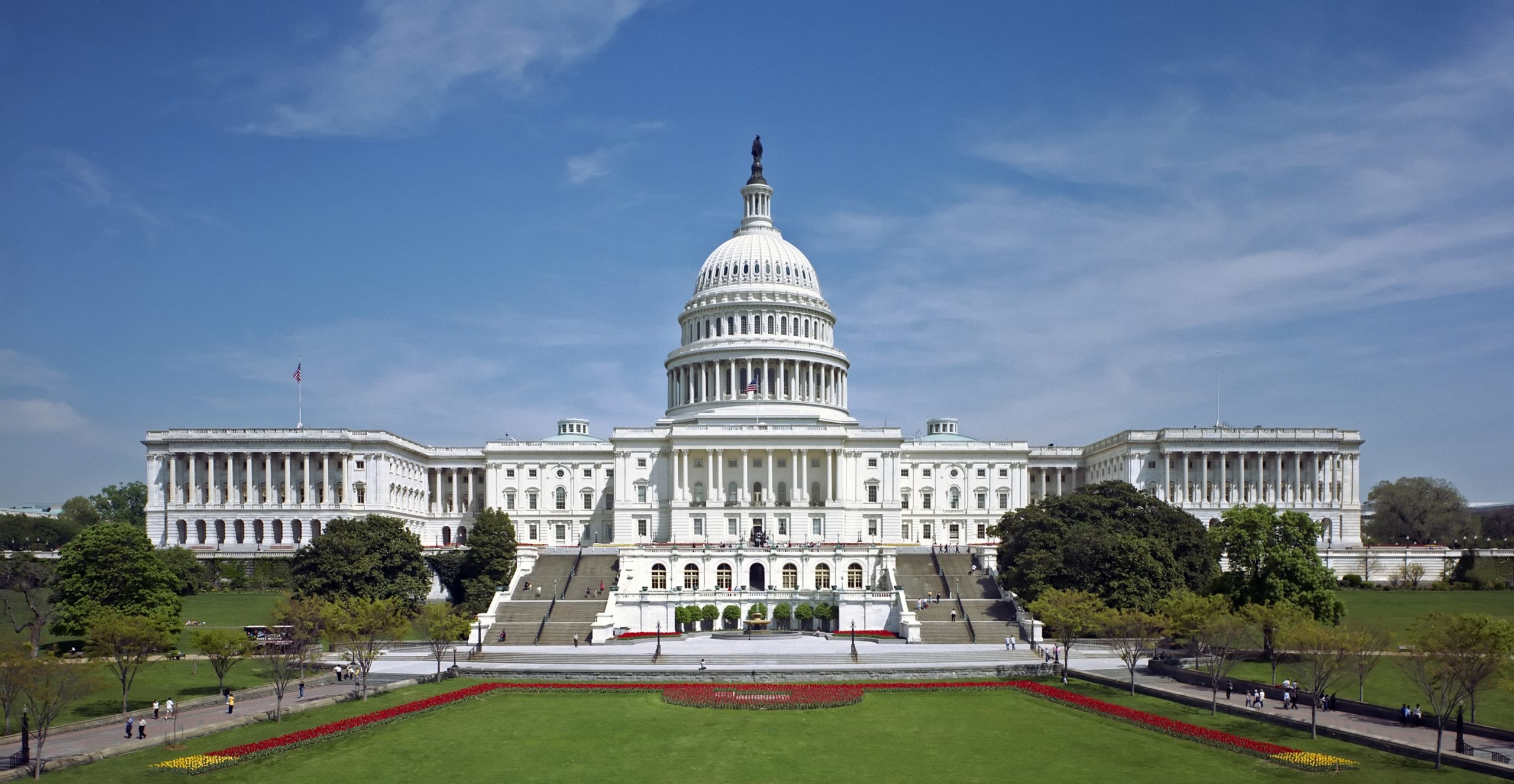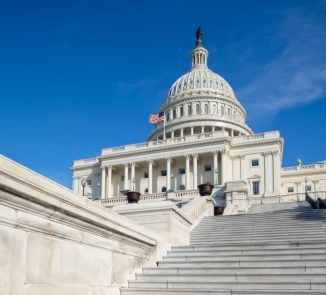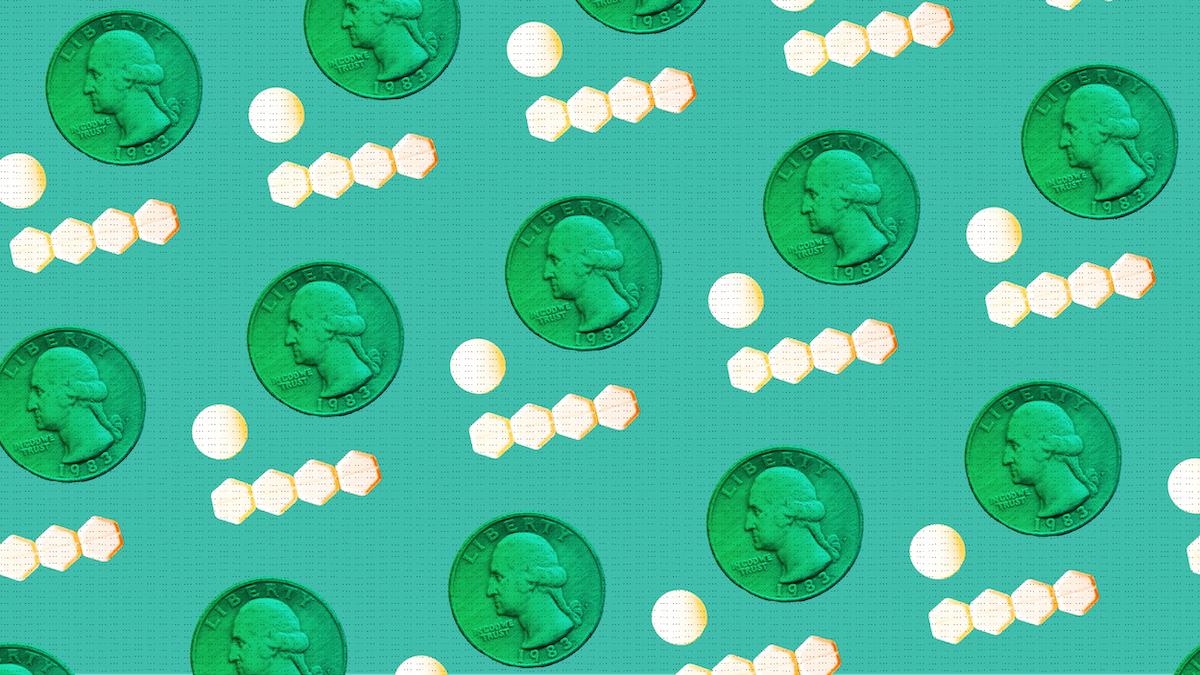All gifts, up to $10,000, TRIPLE-matched until June 30!
Leaving Out the People Struggling the Most Is A Bad Approach to Economic Stimulus

 We’re watching the potentially disastrous economic impact of the COVID-19 crisis begin. People are being laid off, with restaurant and retail workers taking a particularly hard hit, along with child care providers. Workers who were already living paycheck to paycheck – many of whom are women and people of color – have lost their livelihoods.
We’re watching the potentially disastrous economic impact of the COVID-19 crisis begin. People are being laid off, with restaurant and retail workers taking a particularly hard hit, along with child care providers. Workers who were already living paycheck to paycheck – many of whom are women and people of color – have lost their livelihoods.
Yesterday, Senate Majority Leader McConnell released his proposal for the third COVID-19-related response package, including a proposal for “recovery rebates,” or payments to people in the form of an advanceable tax credit. This proposal is an absolute nonstarter for women and families.
The first fatal flaw in the McConnell proposal is that people who do not have $2,500 in earned income, Social Security benefits, or some other benefits cannot receive the rebate. Just think about that for a minute: the people who need cash in hand the most in a time of economic crisis would get nothing from McConnell’s proposal.
Just a partial list of people harmed by this could include: graduating students who are facing a collapsing job market, returning formerly incarcerated people, those who took time out of the workforce for caregiving, independent contractors and gig workers who are not eligible for unemployment insurance, people with disabilities who do not qualify for federal disability benefits, and people with incomes too low to need to file a tax return.
And – just a thought – these are the people most likely to spend any cash assistance they receive, so this proposal limits the impact of such payments on the economy.
The payments in McConnell’s proposal could be worth up to $1,200 per “taxpayer” ($2,400 for a married couple filing a joint tax return) plus $500 per qualifying child. But, if the household does not have that much tax liability (that is, if the household does not owe up to that amount in federal taxes), then they would be eligible for a minimum credit of $600 ($1,200 for a married couple) with the increased additional amount for children.
This is the proposal’s second fatal flaw: people with lower incomes would receive less from the “rebates” in the McConnell proposal than higher income people. For example, some have estimated that “a married couple with two children and an income of $35,000 receives $1,200 less than a family of four with an income of $150,000.” Again, this approach seems entirely backwards, especially in light of the fact that the McConnell package includes a potentially huge tax break for restaurant owners but does little for low-wage workers like restaurant employees. And note also that the approach the McConnell bill takes means that single parents automatically get less help, even though they need more in times of economic crisis.
In addition, the proposal would completely exclude immigrant workers who pay their taxes without a Social Security Number. While the administration’s approach to the COVID-19 crisis reflects the racism and xenophobia that have been its hallmark from day 1, this exclusion again targets people who are struggling the most economically.
While economists and policymakers largely agree that we need to immediately get a substantial amount of cash to the vast majority of families, McConnell’s proposal is not the way to do it. So what is?
- First, any proposal for direct cash assistance must include the lowest-income people. No exclusions or carve-outs for the people who most need cash in hand to weather this economic crisis – and are most likely to spend that cash, which will boost the economy.
- Second, any proposal for direct cash assistance must give the same amount – if not more – to those with the lowest incomes. · Third, while tax benefits like the Earned Income Tax Credit and Child Tax Credit could help get cash to families, any proposal must have a mechanism for delivering benefits to people with low incomes who do not file federal income taxes.
Cash payments made to Electronic Benefits Transfers (EBTs) would be one of the fastest ways to get benefits in families’ hands. Remember that checks or direct deposits won’t be accessible for families who don’t have bank accounts. This is not the time to make cash-strapped families even more vulnerable to predatory payday lenders and check cashing stores. This is by far not the only problem with McConnell’s bill. Legislators have a lot of work to do before Senator McConnell’s proposal meets the needs of women and families – and we can’t afford to let them down.






